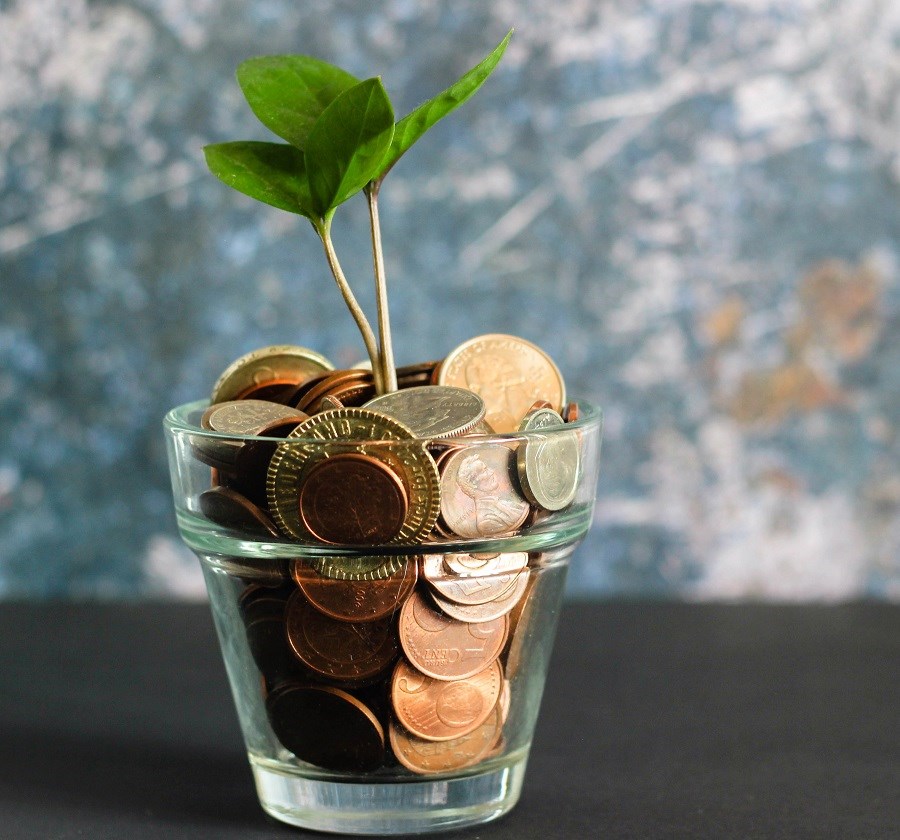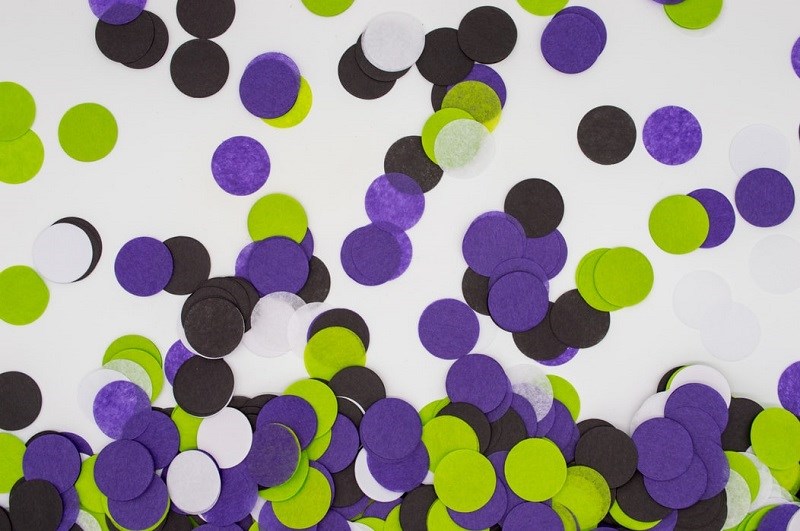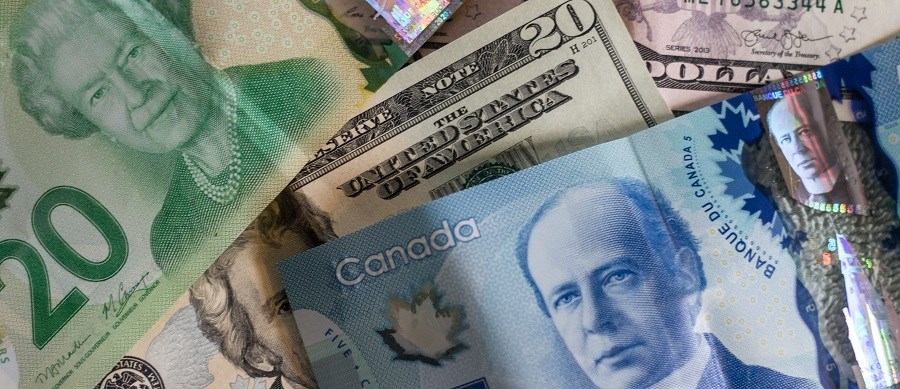
Global bond funds have benefited in a big way from central banks’ response of lowering interest rates in the wake of the coronavirus pandemic. But now that bond yields are razor-thin, if not negative, does that not create headwinds for global fixed income funds? Not really, argues Boston-based Daniel S Janis III, head of global multi-sector fixed income and senior manager at Manulife Investment Management.
It depends on the product. If you look at the high-quality space, the duration component is probably at risk because you have low yields and high duration,” says Janis, lead manager of the 4-star $9.9 billion Manulife Strategic Income F. In bond world parlance, duration is a reflection of how much bond prices will change as interest rates move up, or down. The higher the number of years, the greater the volatility, and the risk. “There are sovereign bonds with yields of 50 basis points [bps] in some instances, and even negative yields,” continues Janis. “But they have a duration of between 7.5-8.5 years. It’s sort of upside down. You have more duration risk, than yield protection risk. If high-quality products keep the duration higher, they could be at risk in the next couple of years.”
Manulife Strategic Income F is fortunate in a way, says Janis, because it relies on almost 30% in high-yield corporate bonds, which tend to be shorter in duration and have less sensitivity to interest rate swings. “They are more of a ‘story’ play,” says Janis, who shares duties with Thomas C. Goggin, Kisoo Park and Chris Chapman. In aggregate, the 12-person team oversees about US$35.8 billion in assets. “The duration impact on them is more muted. If you have the ability to allocate to credit, that can help you.” Currently, 55% of the portfolio is held in corporate bonds (with 24.5% in U.S. high yield), 23% sovereign bonds, 5% securitized debt, 3.7%, preferred shares and 5% cash. The F series has a running yield of 3.4% before fees.
Single holdings are limited to about 1.5%, thus allowing the team the ability to quickly exit them should the need arise. Currently, there are 530 individual holdings. Compliance rules prevent Janis from discussing them in detail. From a duration perspective, Janis says in the past 24 months it has varied from 2.5 years to 5.3 years.
From a performance standpoint, the fund returned 4.72% year-to-date (as of Aug. 28), compared to 4.05% for the Global Fixed Income category. Over three- and five-years, the fund averaged 4.08% and 3.78%. In contrast, the median fund averaged 3.18% and 2.44% respectively.
Interest Rate Outlook
A 37-year industry veteran, who earned an AB in economics from Harvard University in 1983, Janis believes that interest rates may stay low for a long time. “The front end of the yield curve will be anchored, so to speak, because we believe that rates will probably be stable for the next 18-24 months.” But the pressure on the longer-dated bonds, will be coming from multiple factors, says Janis. “The main factor is confidence in the fiscal programs. You may have too much spending without sufficient funding. That could raise concerns.” Janis points out that the situation in the 2008-09 financial crisis was different because it was all about saving banks. Today, there is an economic slowdown and massive lending by the banks could be inflationary.
“Could rates back up a little bit? Yes. Is there a normalization process where the Federal Reserve will move them up quickly? No. So for the next 18-24 months, I would say that the front end remains anchored and the back end could gradually rise.” But Janis adds that much depends on the development of a vaccine, which could take two years to be delivered. There is also a presidential election in the fall whose outcome could have an impact on rates. In addition, a US$750 billion stimulus package from the European Union may also have an influence.
Looking at the potential range of interest rates, Janis believes that benchmark 10-year U.S. government bond yields will range from 50 bps to 90 bps. “It’s not exciting. But you can still make money in that environment.”
Currency Concerns
On the currency side, Janis is anticipating a downward trend in the US$. “One of the catalysts is the U.S. dropping interest rates basically to zero. Second, the growth rate in the U.S. is not way ahead of the world. In some cases, it’s behind some countries. Third, the U.S. borrowing a lot of money—which is the right thing to do—and that could put pressure on the fiscal side. That’s a slight negative for the dollar,” says Janis. “The clincher is the EU’s US$750 billion program. We think the dollar is going to embark on a down trend, which could probably last three-and-a-half to five years.” Janis believes the US$-Euro relationship will be around 1.20 and the C$ may go above US$0.80. “It won’t happen tomorrow, but over the next 18 months you will see some acceleration as the dollar goes lower.”
The Elements of Risk
Janis argues that there are four key elements of risk: credit, liquidity, interest rates and currency. Given the current environment, Janis and his team are more cautious when it comes to the four components. “We are a little defensive, yes. And the make-up of the high yield side also cautious. We do not have any CCC-rated bonds. We tend to have more BB and B-rated bonds.”
Looking ahead, Janis admits his biggest worry is the political influence on markets. “I do not believe it is going away. That volatility, which is hard to predict and just comes and goes, based on comments, is something we have to deal with. And it is global,” says Janis. “On the interest rate side, we are concerned that they have come down, but there is no inflation. It’s stuck below the 2% range.”








.jpg)











